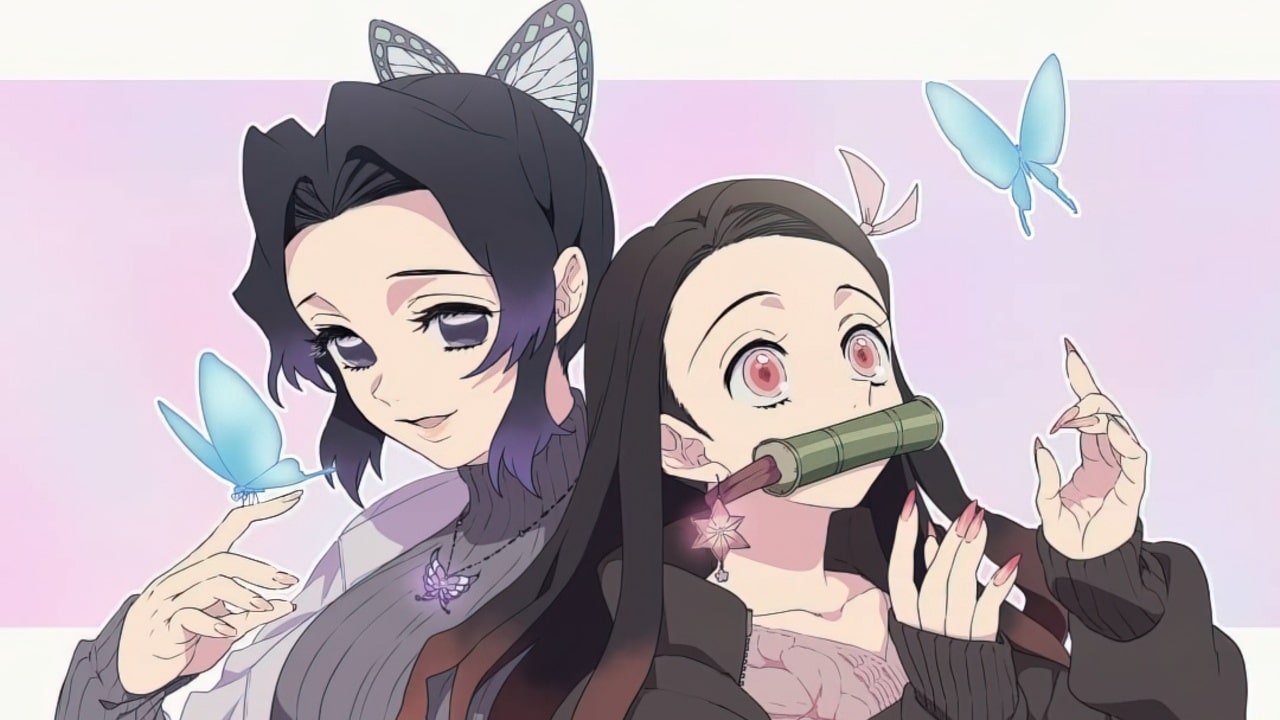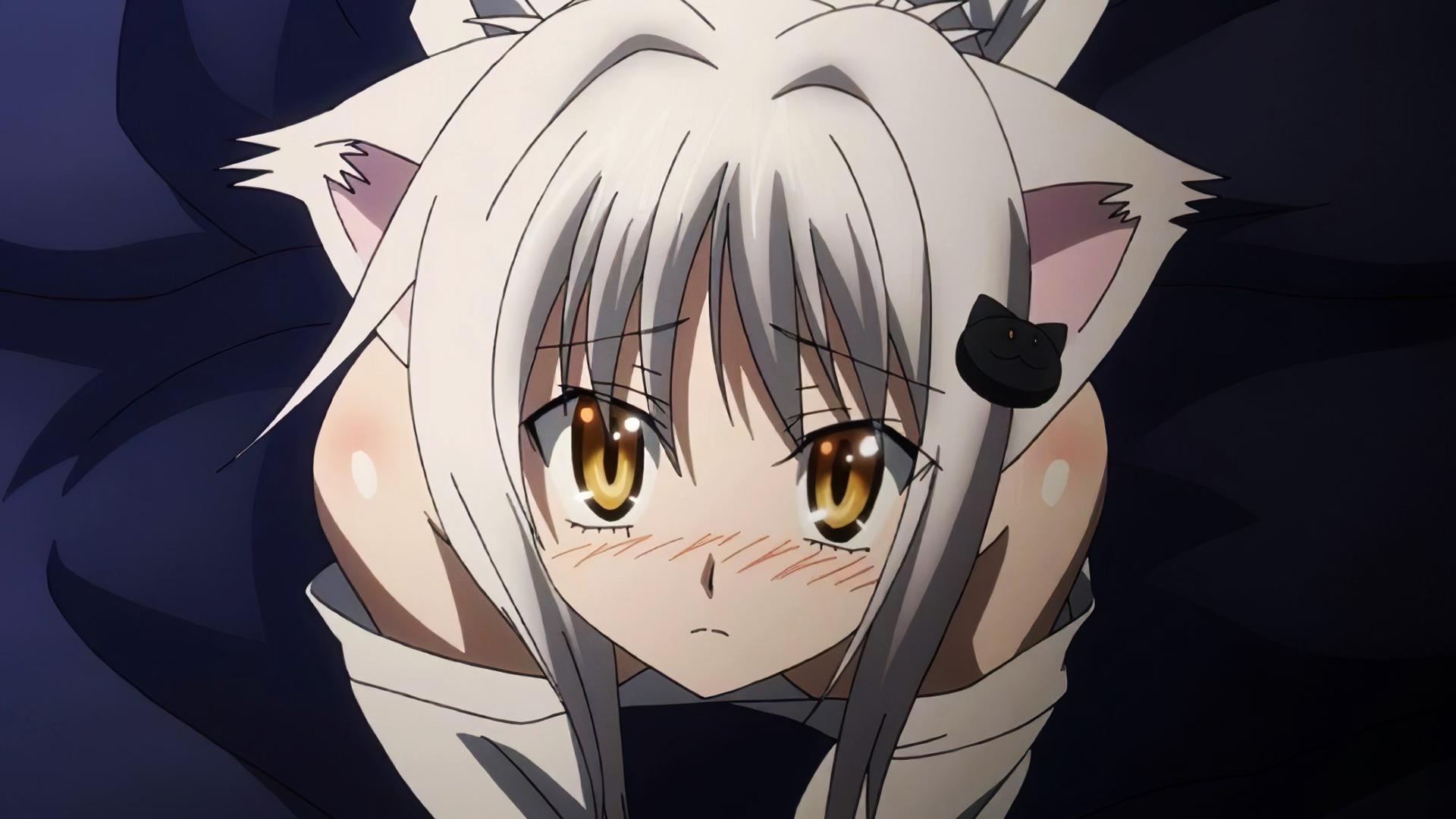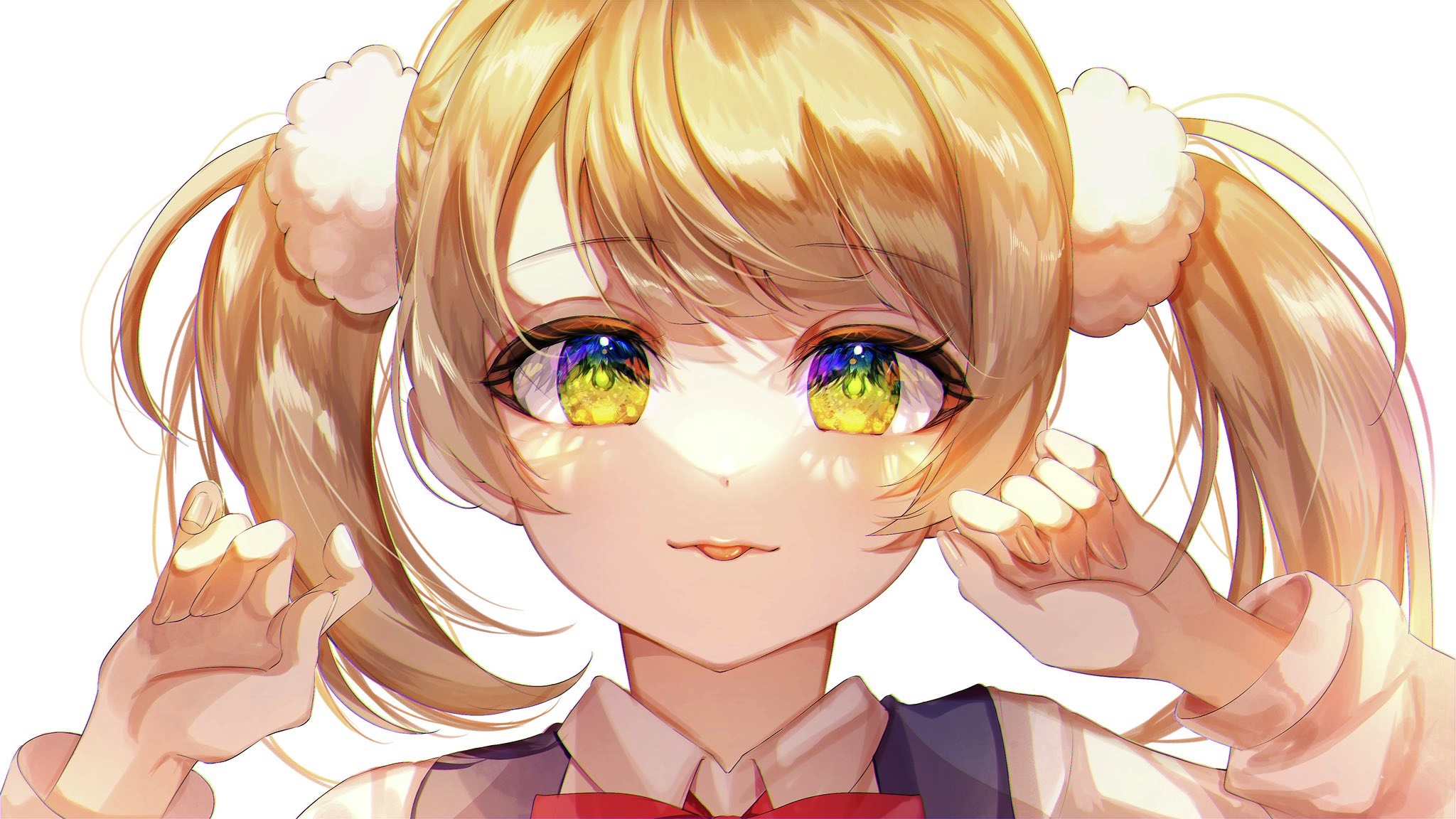Otaku Culture
Japanese upset over changes to definition of 'otaku'
An analysis examining the evolution of the Japanese term "otaku" has captured considerable attention, leaving users surprised.
Advertisement
This insightful analysis was conducted as part of an educational program aimed at sparking interest in language and linguistics among elementary and junior high school students in Japan.
The study involved students critically analyzing various definitions of the term “otaku” found in dictionaries.
The transformation in the meaning of the term was welcomed positively by many, as the connotation took a decidedly more favorable direction. However, people who identify with the older, more negative definition of “otaku” seem hesitant to accept this change.
The conversation around this topic started when a user on Twitter shared a report about the language class. The user exclaimed: “Wow! This clearly shows how the image of the word 'otaku' has been completely transformed. And from the students' reactions, it is even more surprising to see that the way the meaning listed in the dictionary has changed fully reflects this transformation.“.

THE Dr. Wakako Kashino, editor of the eighth edition of the Iwanami Japanese Dictionary, known for tracking linguistic changes over the past century, led the class. Students were asked to compare the definition of “otaku” from the seventh edition of the dictionary with the current eighth edition:
- The seventh edition portrayed “otaku” as “a person who isolates himself in his narrow, hobby-oriented world and avoids social interaction with other people“, a definition that took students by surprise and left some discouraged due to the negative associations.
- In contrast, the eighth edition defines “otaku” as “a person who deeply loves a specific hobby field, possesses and collects knowledge or items related to that field, and performs actions beyond the average“According to the report, students were most enthusiastic about the newer, more positive definition.

The shift from the negative portrayal of the seventh edition, which focused on withdrawal and unsociable behavior, to the positive portrayal of the last edition, which emphasized passion and dedication, surprised many online users. One user commented: “otaku.
It seems to me that this term has changed completely in the last 15 or 20 years. I also find it very rare to see how a word changes its meaning so quickly in such a short time..” The seventh edition was published in 2011, while the eighth edition was released in 2019, highlighting the recent change in the term’s image.
While the new, more positive definition of “otaku” has emerged, some users question whether it accurately captures the essence of being an otaku.
One user jokingly commented: “When it gets too positive, it becomes difficult to use 'otaku' as self-degrading humor, haha“.
Another user reflected on the implications of the change, wondering: “So what should the original otaku be called?“.
Ultimately, as society evolves and perspectives change, the meaning of words will likely change as well.
The influence of the Internet has accelerated the process of transforming the meanings of words, suggesting that the term “otaku” may undergo further evolution in the coming years.
As definitions adapt and take on new dimensions, people who identify with the term “otaku” must grapple with the changing connotations, shaping their sense of identity and community.
Source: Automatic Media
Trending Topics

Look Back's Animator Toshiyuki Inoue Reveals the Film's Unique Production Process and Director's Dedication
Keep Reading

Demon Slayer: Nezuko and Shinobu dress up as attractive schoolgirls
Demon Slayer (Kimetsu no Yaiba) has undoubtedly become a major global phenomenon since its release, with its captivating story that has moved many
Keep Reading


